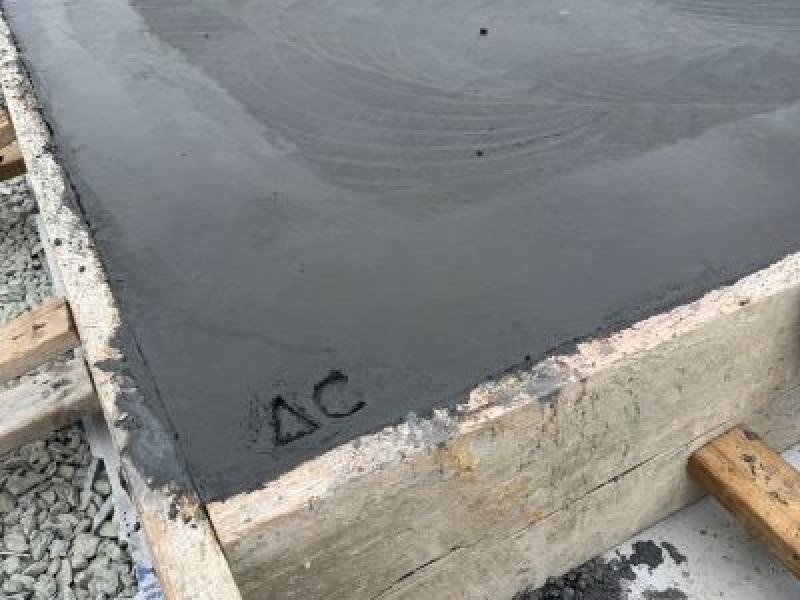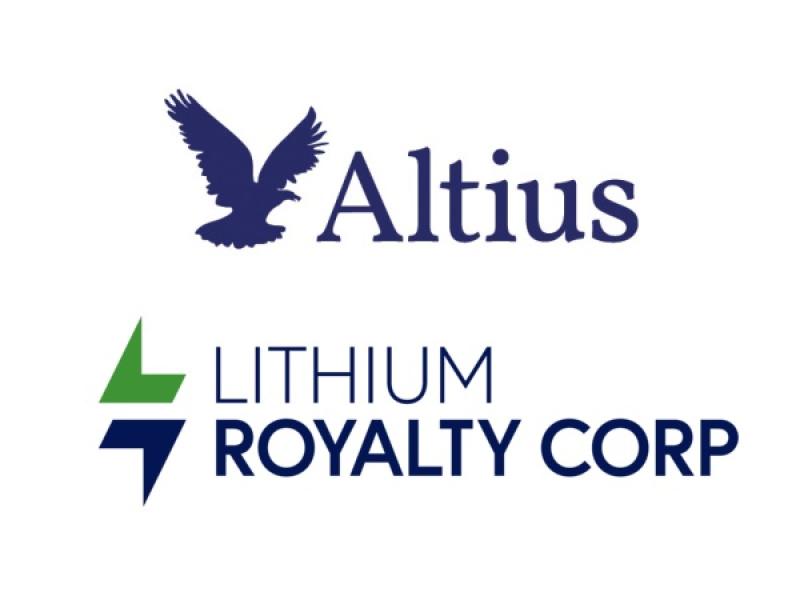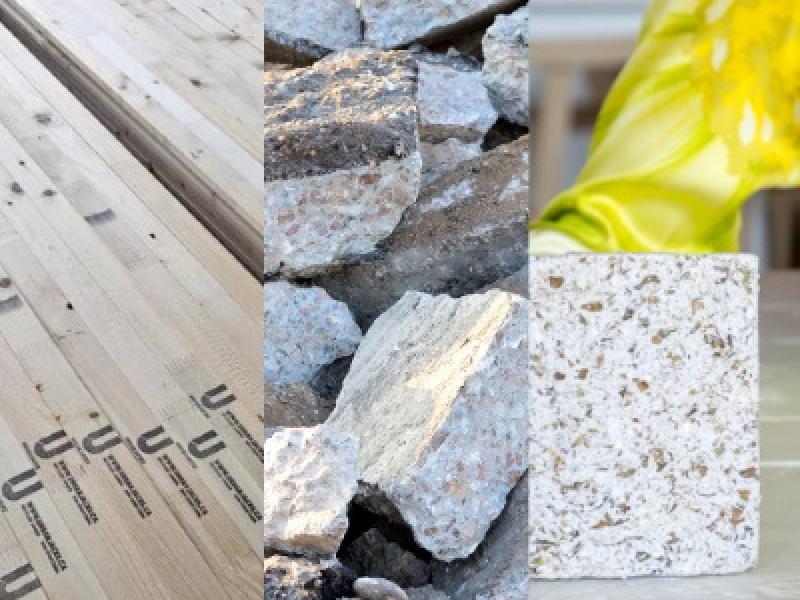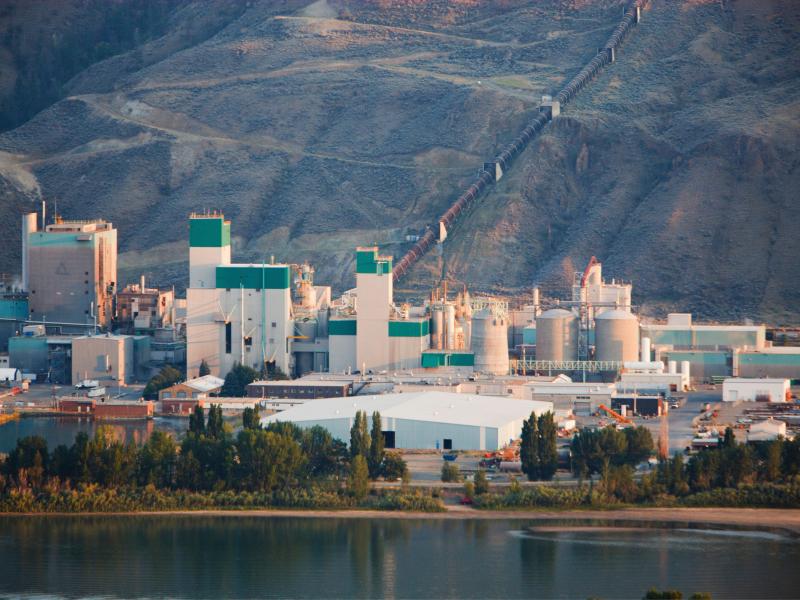Recent Articles
Ivanhoé Cambridge to cut Mtl. properties’ CO2 intensity
Ivanhoé Cambridge to cut Mtl. properties’ CO2 intensity
Ivanhoé Cambridge Inc. plans to reduce the carbon intensity of its Montreal properties by 55 per cent by 2030, when compared to the company’s 2017 baseline.
New Mtl. buildings must be ‘zero emissions’ by 2025
• La Presse • Montreal Gazette
All buildings in Montreal must be powered exclusively by fully renewable energy by 2040, rather than 2050, and new construction must be “zero emissions” from 2025, Mayor Valérie Plante announced Tuesday. The City and Hydro-Quebec will help developers find solutions.
Toronto green performance standards take effect
• City of Toronto media release • SustainableBiz.ca
The latest version of the Toronto Green Standard (TGS) came into effect on May 1, 2022. TGS Version 4 introduces new voluntary tracking requirements for building construction and landscaping materials and three tiers of performance measures with supporting guidelines.
Inside a Passive House first in Surrey, B.C.
Designing the Clayton Community Centre to become Passive House certified for ultra-low energy use was no easy feat, especially since the international standard had never been pursued for this type of facility in North America.
Aggressive changes to electricity grid needed: report
• CBC • SustainableBiz.ca
A report by the Canadian Climate Institute suggests that significant upgrades to Canada’s electricity grid are needed to meet increased demand. Otherwise, the report claims there could be consequences ranging from not meeting our climate goals to brownouts.
 |
The EV Plug-in: Lion Electric delivers record number of EVs in Q1 |
Business reporter
OMERS Capital invests in lithium-ion battery firm
Group14 Technologies, a global manufacturer and supplier of advanced silicon-carbon technology for lithium-silicon batteries, has announced it has raised $400 million in Series C funding led by Porsche AG with participation from OMERS Capital Markets.
Brookfield uses blockchain accounting to verify ESG
Blockchain technology once seemed impractical, but at least one major landlord sees a future in using it for measuring carbon-cutting efforts. Brookfield Properties is using the technology to keep track of its decarbonization efforts across its portfolio.
Luxury B.C. building strata right in unplugging EV charger
A luxury Vancouver building’s strata council was correct in turning off a Vancouver man’s electric vehicle (EV) charger until he paid his bills, B.C.’s Civil Resolution Tribunal ruled. He said he had paid the money and claimed he was overcharged.
EV fires becoming concern for industry
Concerns about EV fires have spread, as the arrival of hybrid and electric vehicles has complicated matters for fire services who have to deal with violent blazes if the models catch fire. Methods to protect EV batteries are in discussion.
Toyota to supply fuel cells for Mercedes-Benz buses
• H2 View
Toyota Motor Europe (TME) will supply its fuel cell module for DaimlerBuses‘ Mercedes-Benz eCitaro Range Extender. TME’s all-electric buses claim to have a range of 400km for a solo bus and up to 350km for the articulated version.
Atco Group building two hydrogen facilities for CP
• Newswire
Atco Group has announced it will provide engineering, procurement and construction services for two hydrogen production and refuelling facilities in Alberta. The hydrogen infrastructure at each CP site will include a 1MW electrolyzer, compression, storage and dispensing for locomotive refuelling.
Freight train industry is moving toward electric
• CBC
Canada’s railway giants, CN and CP, are testing battery and hydrogen locomotives in a move toward electric, zero-emissions freight rail. Here’s a look at why they’re electrifying and the technologies they’re testing.
How blockchain could shield farmers from risk
• GreenBiz
There are impactful applications for blockchain tech beyond reducing farmers’ climate risk. It could streamline payments for regenerative farming practices, forest conservation efforts and other environmental initiatives that remote sensing tools could verify.
‘World-Changing Ideas’ awards teases sustainable ideas
In its sixth year, Fast Company’s World Changing Ideas Awards has recognized companies and organizations addressing the world’s most complex problems through technology, science, design, finance, education and philanthropy.
Wood pellets helping N.S. buildings reach climate targets
Local sawdust and forest residuals could play a key role in helping Nova Scotia convert more than 100 public buildings to wood pellets for heat instead of oil furnace systems, according to a recent feasibility study by Halifax’s M&R Engineering.
A nuclear microgrid? National lab sets out to test the idea
Microgrids use many kinds of energy, typically renewables, natural gas, diesel, fuel cells, batteries or combined heat and power. But we’ve yet to see a nuclear microgrid. Now the U.S.’ top nuclear energy lab wants to change that.
This plastic-eating enzyme could ‘supercharge’ recycling
A plastic-eating enzyme that has the potential to break down plastic into monomers in as little as 24 hours could revolutionize recycling. Developed at the University of Texas at Austin, the enzyme could replace landfilling, incineration, and other recycling processes.
Is supply chain the next big sustainability software play?
• GreenBiz
Carbon accounting and management software really came into its own last year, spurred by corporate net-zero commitments, and it looks as if 2022 could represent a tipping point for supply chain software that empowers sourcing decisions point to net zero.
How using digital tools can build supply chain transparency
Innovative digital tools deployed at scale can help bring much-needed transparency to international supply chains, ensuring that progress toward a clean energy future also delivers broader progress in social and environmental well-being.
 Industry Events
Industry Events
-
ECO IMPACT 2026
Feb 19 2026
to Feb 20 2026
The Westin Calgary
-
BuildGreen Atlantic
Apr 27 2026
to Apr 28 2026
Halifax, NS
-
The Evergreen Conference
May 06 2026
to May 07 2026
Toronto, ON
-
Building Lasting Change
Jun 17 2026
to Jun 19 2026
Montréal, QC
-
Retrofit Canada Conference
Jun 24 2026
to Jun 25 2026
Halifax Convention Center











